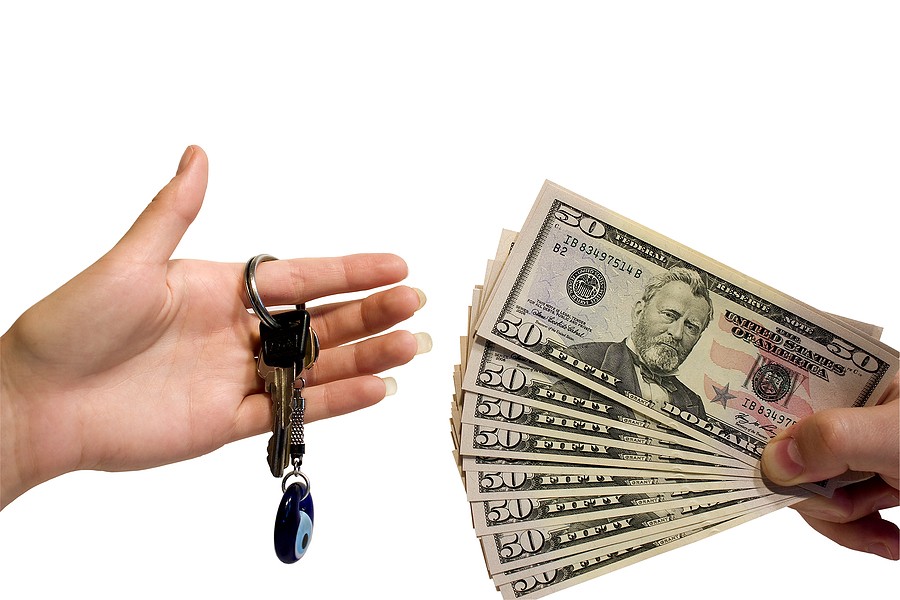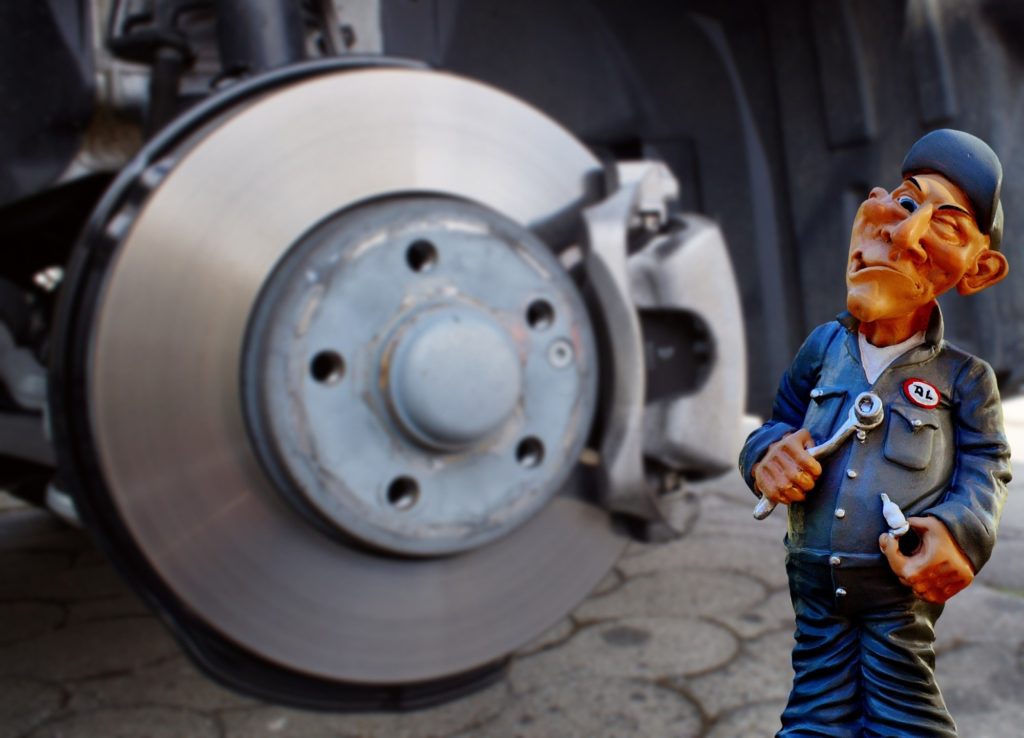Brakes are one of the top 5 mechanical failures that cause car crashes. Even though those brake issues are typically due to worn brake pads or ABS malfunctions, your brake fluid plays a valuable role in the proper workings of brakes on a vehicle.
Every year in the United States, there are 6 million car accidents. Most of those accidents could have been prevented.
And taking proper care of your vehicles is one crucial way to stay safer on the road.
But how often should you change your brake fluid? Some people drive and brake, more than others. So what are the telltale signs that it's time for new fluid?
This guide will give you 5 signs that it's time to change your brake fluid.

What Is Brake Fluid?
Brake fluid is a hydraulic fluid. Hydraulic fluids provide as the medium by which power gets transferred in hydraulic machinery, like automobiles.
Brake fluid is used in cars, motorcycles, and light trucks. It transfers force into pressure, and it amplifies braking force.
Because liquids aren't appreciably compressible, brake fluid works.
It operates under very high temperatures and high pressure. Without brake fluid, your vehicle wouldn't be able to stop when you push your brake pedal.
It's essential that every vehicle gets the right kind and the right amount of brake fluid. And it has to be clean.
Even if you have the right amount and the right kind, if it's dirty or contaminated, it can be as ineffective as none at all.
Because of this fact, it's specifically engineered to last for a long time. But there are some essential clues that will tell you when it's time to make a change.

5 Signs You Need to Address Your Brake Fluid
There are telltale signs that it's time to either replace or top off your brake fluid. Here are the top 5.
ABS Light Comes On
One of the surest ways to know that your brake fluid either needs a chance or needs a top-off is if your ABS light turns on.
ABS stands for Anti-lock Braking System. Especially if you're driving a newer vehicle, your ABS light will come on if you need to add or replace the brake fluid in your car.
Pedal Problems
If you find that lately, you've been having a harder time pushing down on your brake pedal, it means that you probably need more fluid.
Or, it might mean that it's time to replace the fluid that's already there. If it feels much “softer” when you push your foot down, it's definitely time for a change.
Strange Noises
If you don't have enough brake fluid in your car, or if that brake fluid is old, your brakes are sure to let you know.
If your brakes start making any noise at all, take your vehicle in to get checked out before any more significant problems arise.
Brake Pads Not Functioning as Well
Low or dirty fluid will inevitably affect your brake pads. If yours aren't working as they used to or you hear any squealing, grinding, or squeaking, it might be time to check out that brake fluid.
A Burning Smell
A chemical odor after repeated hard braking is a sign of an overheated clutch or overheated brakes.
If this happens, pull over immediately and allow your brakes to cool. If you don't, you'll risk heating up the brake fluid, which will lead to brake failure.
If you smell anything strange or see any smoke, it's a sign that not only do you need new brake fluid, but there may be other damage as well.

How Often Should You Change Your Vehicle's Brake Fluid?
It's safe to say that across the board, you should change your brake fluid every 2 years. However, every car manufacturer provides a different recommendation.
Mercedes Benz, for example, calls for fresh fluid every 20,000 miles or every 2 years.
Honda says to change your brake fluid every 3 years, regardless of the vehicle's mileage.
Chevrolet recommends a brake fluid change on almost all their models every 45,000 miles.
Other car models, such as Toyota Camry, Ford Escape, and Hyundai Elantra don't call for a specific fluid-changing interval. Rather, they recommend periodical inspections and upkeep.
Brake fluid lives in a sealed system and can last for years. However, moisture from outside air can work its way through the many parts of the brake system.
Moisture can also cause corrosion in the calipers, brake lines, master cylinders, and other components.
How Much Does It Cost?
Opting to switch out the old brake fluid in your vehicle for new fluid might cost you around $100, give or take.
However, replacing brake calipers, rusted brake lines, and other brake parts can run you several hundred dollars or more.
That's why it's crucial to have your brake fluid regularly inspected, AT LEAST every few years. And if you live in a high-humidity environment, don't ever wait more than 5 years to do so.
Winter weather isn't ideal either as contaminants like salt can make its way into the brake fluid.
You can change your own brake fluid, but facilities have brake-flushing machines that make for a quick and smooth transition.
And if you do switch the fluid yourself, make sure you dispose of the old stuff safely. Leaving it around is no good for the environment.

Don't Wait Too Long Change Your Brake Fluid
Even if your vehicle's car manufacturer doesn't recommend when you should change your brake fluid, you should still do it AT LEAST every 3 years.
And if you change your brake fluid every 2 years, you'll have peace of mind knowing that you're taking proper care of your vehicle and driving safely.
Have you recently changed the brake fluid in your car, only to discover there are even more issues with your favorite ride?
Maybe it's time for a new one. If your car is about to kick the bucket, it might be time to sell it for cash. Find out how much your vehicle is worth here.




